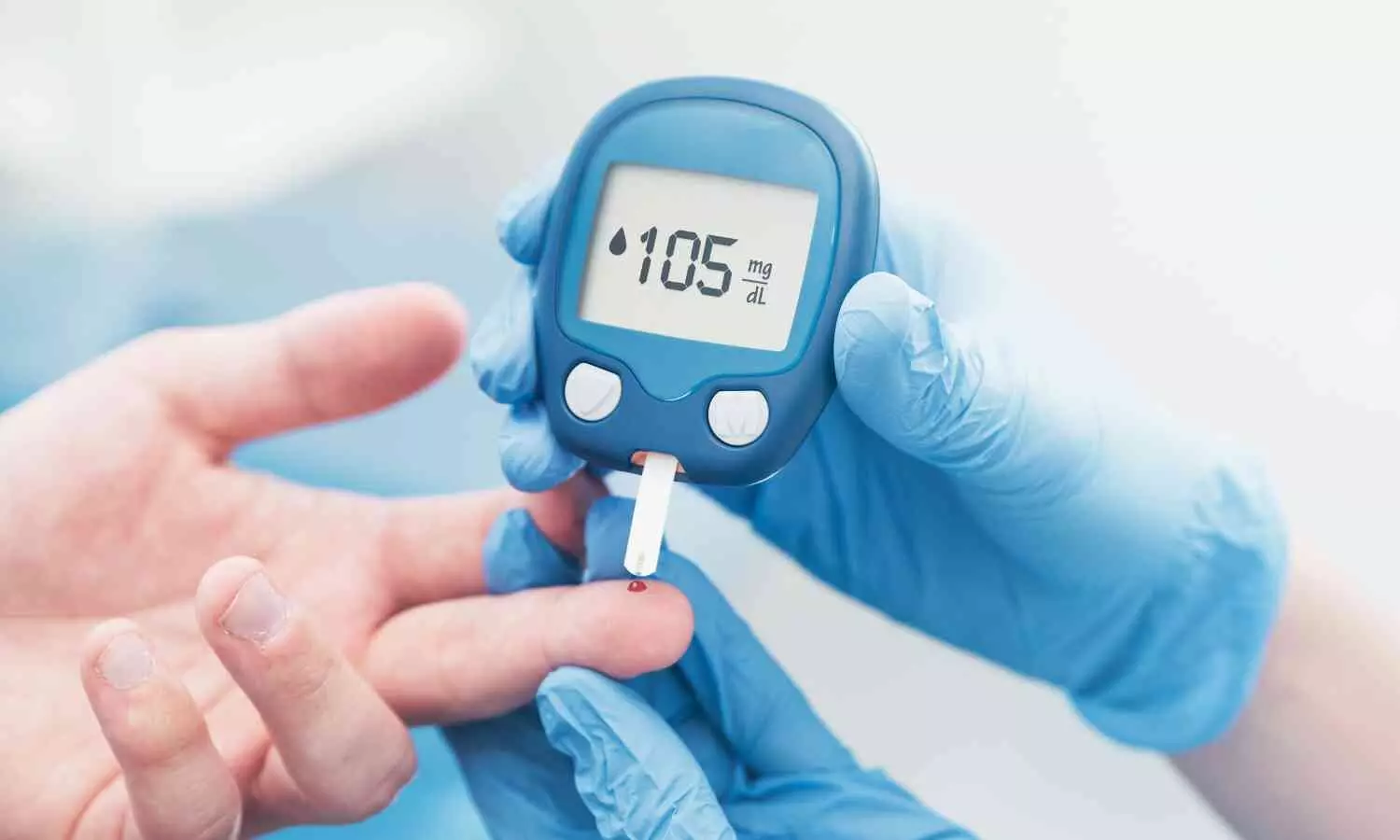Over 482,000 Diabetes-Related Deaths Annually in Southeast Asia: WHO

Colombo: Southeast Asia, including India, records over 482,000 diabetes-related deaths annually, the World Health Organization (WHO) reported on Tuesday, emphasizing the urgent need to strengthen prevention and control measures against the condition.
Diabetes, a growing global health challenge, can lead to severe complications such as blindness, kidney failure, heart attack, stroke, and lower limb amputation. While countries in the Southeast Asia Region have made progress in managing the disease, significant gaps persist.
According to the WHO, more than 60 million individuals are currently receiving protocol-based management for diabetes and hypertension, with plans to expand this to 100 million by 2025. However, challenges remain daunting. For instance, over 260,000 children and adolescents with Type 1 diabetes have limited access to insulin and essential monitoring tools. Meanwhile, Type 2 diabetes is rising alarmingly among young people in the Region.
“Bridging the service gaps to ensure timely access to diabetes care can save lives,” said Saima Wazed, Regional Director, WHO South-East Asia. She underscored the need for equitable, comprehensive, accessible, and affordable care services during the two-day Regional Commemoration of World Diabetes Day 2024 in Colombo, Sri Lanka. The event, themed ‘Breaking Barriers, Bridging Gaps,’ brought together health experts and policymakers from across the Region.
As per IANS, participants at the meeting adopted the ‘Colombo Call to Action,’ which outlines steps to combat the growing burden of diabetes. This initiative emphasizes accelerating efforts to unite, integrate, innovate, treat, track, and educate to reduce risks and ensure quality treatment for those diagnosed.
In a video address, WHO Director-General Dr. Tedros Adhanom Ghebreyesus highlighted that over half of the 800 million people worldwide living with diabetes lack access to treatment. He called for intensified global efforts to achieve targets for prevention, diagnosis, and management of the disease.
To address these gaps, the WHO recommended equipping primary healthcare systems with standard treatment protocols, essential medicines, quality diagnostics, and trained professionals to meet the rising demand for diabetes care.
“Preventing diabetes is a shared responsibility of governments, healthcare providers, and communities,” Wazed stated, urging collective action to tackle the escalating crisis.
With commitments made during the event, experts hope the region can mitigate the diabetes epidemic through coordinated action and improved access to care.


